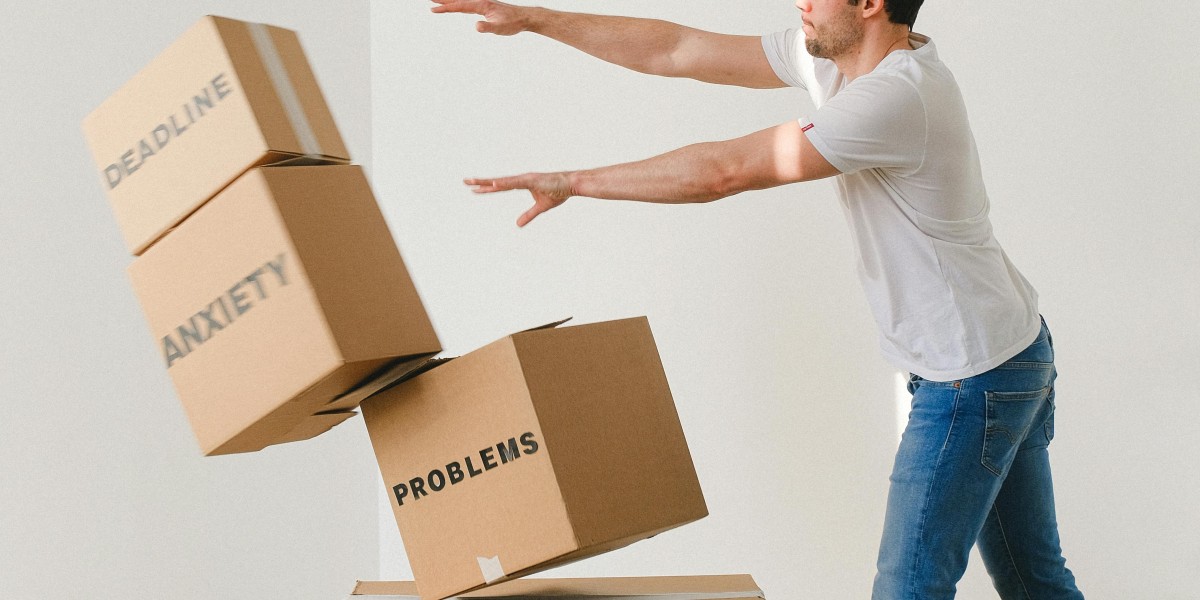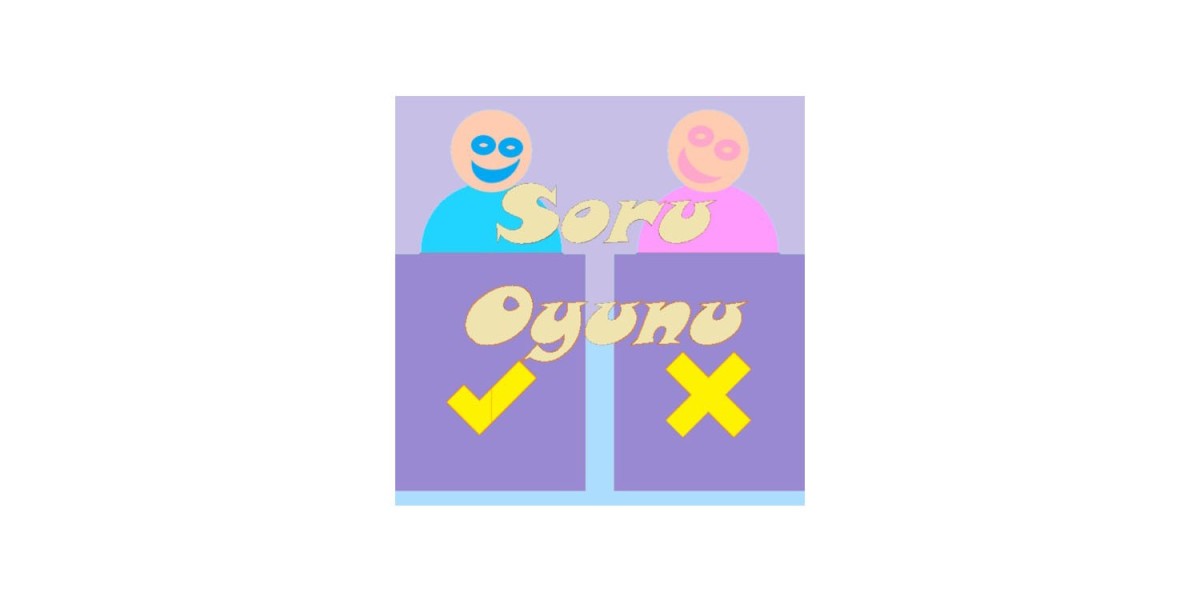In today's fast-paced environment, many people discover that multitasking is a necessity rather than a choice. The constant juggling of work, family, social obligations, and personal interests can lead to overwhelming feelings. People who live this way usually experience anxiety as they try to balance their responsibilities without going into overload. This piece will look at the relationship between multitasking and anxiety and provide advice on how to manage overwhelm and find balance.
How to Manage Your Anxiety While Multitasking
Anxiety is a common mental illness that manifests as unease, worry, and anxiety. It can manifest as a range of symptoms, including shaking, perspiration, and an accelerated heartbeat, in addition to psychological indicators like racing thoughts and difficulty concentrating. On the other hand, multitasking means finishing multiple things at once or swiftly alternating between them.
While multitasking might seem like a good way to manage a busy schedule, it can actually exacerbate anxiety. Switching between tasks all the time can lead to cognitive overload, which reduces focus and increases stress. Furthermore, multitasking can reduce productivity and performance because divided attention frequently leads to mistakes and inefficiencies.
The Perils of Pursuing Multitasking
Research indicates that multitasking may be harmful to one's mental health. A study published in the Journal of Experimental Psychology found that individuals who multitask frequently experience higher levels of anxiety and depression than those who focus on one task at a time. Constantly changing between tasks can cause mental confusion as well as feelings of overwhelm and tiredness.
Furthermore, multitasking can inhibit creativity and originality. When attention is divided between multiple tasks, there is less room for deep, focused thinking—the kind of thinking that often produces creative ideas and solutions. In conclusion, multitasking can be detrimental to one's personal and professional development as well as mental health.
Techniques for Balancing Accountabilities
While breaking the multitasking habit may not be easy, there are methods that can help people feel less anxious and more balanced:
Establish Task Priorities:
To start, decide which tasks, in order of importance, should be completed first. Focus on finishing one thing at a time, starting with the most crucial. This approach guarantees that the most crucial tasks are completed first and lessens feelings of overload.
Practice Mindfulness:
Include mindfulness exercises into daily routines to increase present-moment awareness and reduce stress. Some mindfulness practices that can help people keep their composure and focus while multitasking include deep breathing, meditation, and yoga.
Establish Boundaries:
Establish boundaries between your personal and work time to prevent burnout. Aim to maintain a healthy balance between work, play, and socializing by designating specific times for each. Being able to decline new commitments can also help reduce overwhelming emotions.
Use Time Management Tools:
Calendars, time-blocking, and to-do lists are just a few of the tools and techniques that can be used to effectively manage time and organize tasks. Divide large tasks into smaller, more manageable steps to lessen the sense of intimidation and increase productivity.
Practice Self-Care:
Take care of yourself by doing things that make you feel good about yourself and help you relax. This could be exercising, enjoying the scenery, picking up a hobby, or simply taking a break to relax and recharge.
Seek Help:
Do not be afraid to ask for help when you need it. Having a strong support system can help lessen the stress that comes with managing anxiety responsibilities alone. You can ask friends and family for help or assign tasks to coworkers.
Minimize Distractions:
To maintain concentration and focus, minimize outside distractions such as phone notifications, social media posts, and email alerts. Consider creating designated "focus periods" where distractions are minimized in order to boost productivity.
To sum up
In conclusion, multitasking usually results in feelings of overwhelm and anxiety, despite the fact that it can seem like a necessary evil in today's fast-paced environment. By prioritizing tasks, practicing mindfulness, setting boundaries, and engaging in self-care, people can achieve a better balance and mitigate the negative effects of multitasking on mental health. Remember that finishing fewer tasks with greater success is more crucial than finishing more tasks at the same time.









